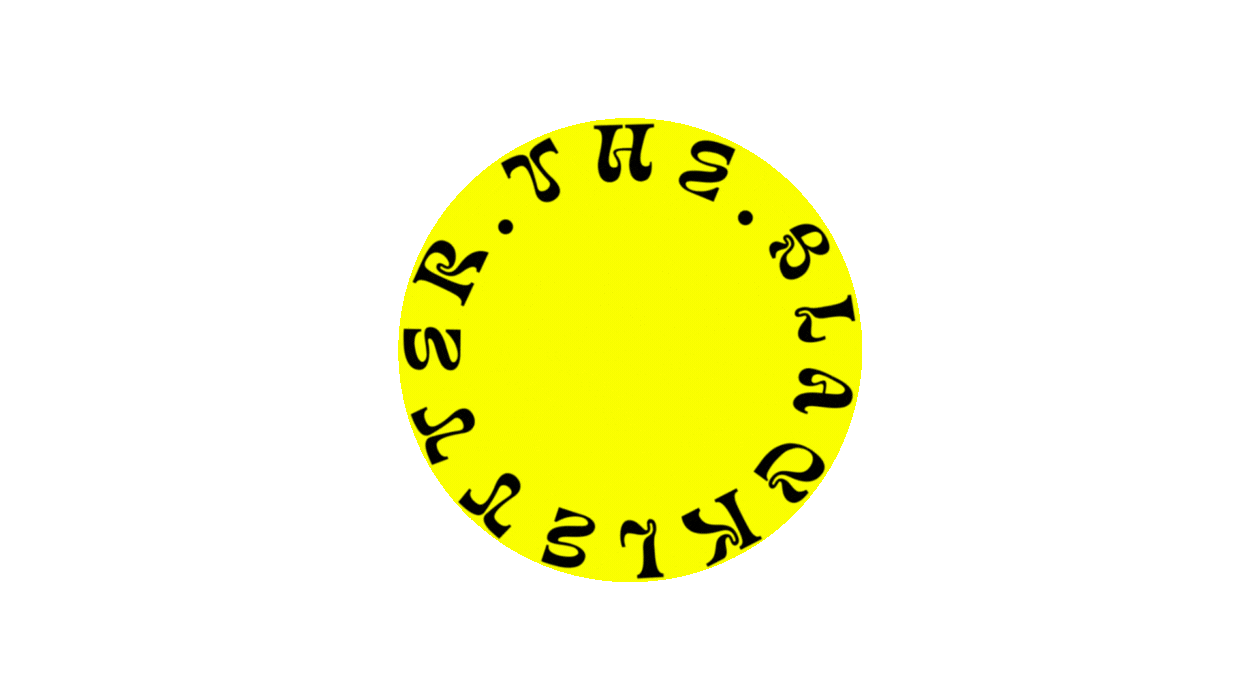A Personal Reflection on the Timeless Wisdom of The Prophet
The Prophet by Kahlil Gibran — A Quiet, Powerful Book That Names What We Carry
The Prophet by Kahlil Gibran is nothing short of a profound masterpiece.
Reading The Prophet by Kahlil Gibran felt less like discovering something new and more like finding the exact words for truths I had already felt, quietly, within me. It was like opening a door inward. Gibran doesn’t declare his wisdom loudly—he offers it softly, and yet it lingers long after you’ve turned the page.
Though the book is short, it took me weeks to read. Every sentence, every paragraph carries so much weight that I found myself pausing, rereading, reflecting. What stayed with me most is how the book refuses spectacle. It’s not trying to impress or instruct. It doesn't preach or perform. Instead, it draws you back—again and again—to the idea that real growth, real life, happens not through control or judgment, but through humility. There’s such tenderness in the way Gibran speaks of love, of giving, of simply being human.
Gibran is unflinching when he turns his gaze toward suffering and wrongdoing. “Much of your pain is self-chosen,” he writes—not as blame, but as acknowledgment of the inner complicity in our own wounds. On crime and punishment, he disturbs conventional thinking with disarming simplicity:
“The wrong-doer cannot do wrong without the hidden will of you all.”
This is a radical reminder that societal transgressions reflect collective values and imbalances, not isolated failings. The wrongs we witness in the world aren’t just personal failures; they’re reflections of what we’ve tolerated, ignored, allowed to root.
What I loved most, though, was how he sees dignity—not as pride, but as presence. There's a quiet strength in the way he frames things like modesty or kindness. The idea that belittling others shrinks you says more about human nature than most thick essays on morality ever could. Gibran sees cruelty not as power, but as a kind of poverty of spirit.
Justice, for Gibran, is not retribution but recognition of interdependence: “The corner-stone of the temple is not higher than the lowest stone in its foundation.”There’s something radically honest in that. He doesn’t let the individual carry all the weight—he points to the foundation, to the collective. It's not comfortable, but it feels true.
“And stand together yet not too near together: For the pillars of the temple stand apart, And the oak tree and the cypress grow not in each other’s shadow.”
Even in something as often idealized as marriage, Gibran cuts through the fantasy. What he offers instead is a vision of love grounded in space, in respect, in knowing that two people can be devoted without dissolving into each other. That image of growing side by side, without blocking the other’s light, stayed with me.
I don’t know if The Prophet changed me. But it named things I didn’t know I was carrying. It’s not a book I’ll quote from to sound wise; it’s a book I’ll return to when I want to feel steady again.


